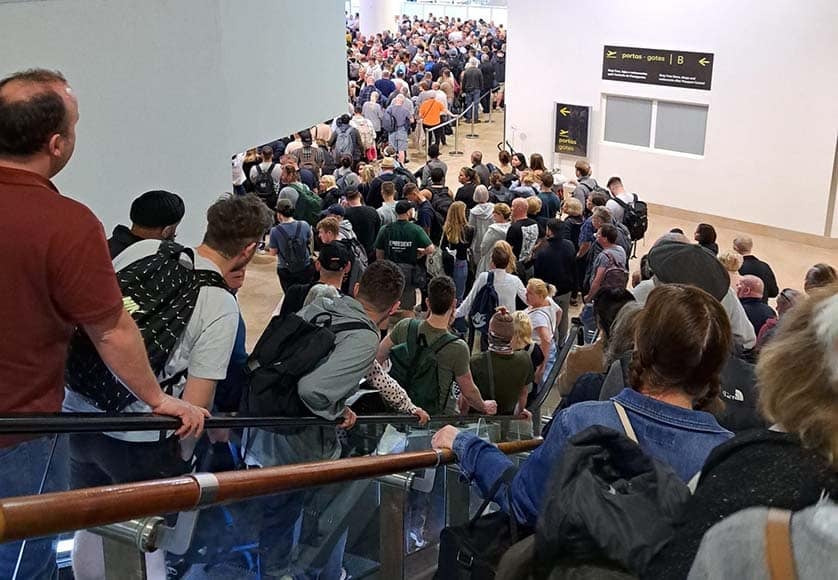
Portugal's divided new parliament attempted to elect its president on Wednesday, after three failed votes the day before, highlighting the fragility of the centre-right's victory in legislative elections as well as the growing influence of the far right.
The Democratic Alliance coalition won the March 10 elections, narrowly beating the outgoing Socialists and far from a sufficient majority.
The far-right Chiga party has quadrupled its parliamentary representation.
In a temporary settlement after several postponements to the vote on Wednesday, the main SPD and Social Democrats said they would put the rotating presidency to a vote.
“We have to get out of this impasse,” Joaquim Miranda Sarmiento, a Social Democratic Party deputy, told the press, explaining that José Pedro Aguiar Branco, of the Social Democratic Party, would be president of parliament for four years, during the first half of the legislative term. Socialist Francisco Assis will succeed him in the second half.
However, the Socialist Party declared that this was an “institutional solution” that did not make the two parties partners.
The SPD and Socialists have 156 of the 230 seats in parliament, enough to elect a president. Voting is expected after 3pm (GMT).
Analysts predicted instability for the minority government, which has only 80 seats and is unlikely to be able to pass laws without the support of Chiga, whose leader Andre Ventura has demanded a long-term deal in exchange for his support.
AD leader Luis Montenegro repeatedly rejected any formal agreement with Chiga.
Andre Ventura said the settlement announced Wednesday made it clear that the PSD chose a “travel companion” for its mandate and must now rule with him.
(Reporting by Catarina Demoni and Sergio Goncalves; French version by Stephanie Hamel; Editing by Kate Entringer)






